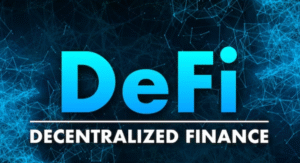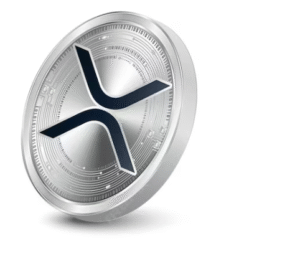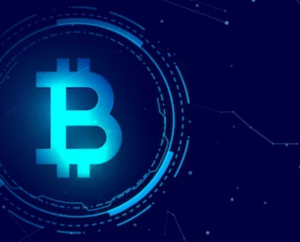# $CAN #Bitcoin #Crypto #Mining #RenewableEnergy #Japan #Blockchain #EnergyEfficiency #Sustainability #Innovation #GridStability
How is Japan Revolutionizing Bitcoin Mining to Stabilize the Grid? Discover CAN’s 4.5 MW Initiative!
In recent bitcoin news, Japan is witnessing a transformative shift in its approach to Bitcoin mining. No longer perceived solely as an energy drain, mining is now integrated into the country’s renewable energy framework. Canaan Inc. (CAN) is at the forefront of this innovative movement, deploying a 4.5 MW smart Bitcoin mining operation designed to bolster Japan’s energy grid.
The strategic initiative by Canaan aims to balance power supply and demand through advanced technology and partnerships with major Japanese utilities. This deployment utilizes Canaan’s cutting-edge Avalon A1566HA hydro-cooled mining servers, which are capable of optimizing energy efficiency while providing load balancing for the grid. The smart-control chip employed in these servers can dynamically adjust frequency, hashrate, and voltage in real time, ensuring stability, especially amidst the rising demands from AI and residential sectors.
Canaan’s CEO, Nangeng Zhang, emphasizes the dual benefits of this technology: enhancing the utility’s operational capabilities while strengthening Bitcoin’s role in the energy ecosystem. This project not only aligns with Japan’s recent regulatory reforms surrounding crypto-assets but also showcases how Bitcoin mining can be harnessed as a digital load balancer for energy resources.
Interestingly, while this groundbreaking development has the potential to reshape the energy landscape, Canaan’s stock has experienced a short-term decline of 7% following the announcement. This drop reflects broader trends in the Bitcoin market and the At-The-Market (ATM) program unveiled by Canaan. Despite this, experts remain optimistic about the long-term implications of integrating Bitcoin mining with renewable energy solutions.
Transformative Trends in Bitcoin Mining
The Bitcoin mining landscape is evolving rapidly. Analysis from industry observers highlights the growing trend of institutional and sovereign adoption. For instance, American Bitcoin Corp has increased its reserves to an impressive 3,865 BTC, signaling that miners are transitioning from mere network security providers to long-term institutional investors.
In Europe, significant legislative progress is also underway. France’s National Assembly recently advanced a bill to establish a national Bitcoin reserve, illustrating a shift from conceptual discussions to actionable policies. Indeed, public companies currently hold over $117 billion in Bitcoin, marking a substantial 38% increase in the third quarter alone. This trend indicates that corporate balance sheets are increasingly becoming integral to Bitcoin’s security framework.
As the cryptocurrency market matures, every hash mined represents a vote for a more open and institutionalized future. The convergence of Bitcoin mining with energy efficiency, driven by innovative solutions like Canaan’s 4.5 MW initiative, signifies a pivotal moment in both the crypto and energy sectors.
In summary, Japan’s strategic integration of Bitcoin mining into its renewable energy infrastructure highlights the potential for sustainable practices within the crypto industry. As advancements continue, stakeholders across the spectrum—from miners to utility companies—will play a critical role in shaping a future where Bitcoin not only thrives but also contributes positively to global energy dynamics.
For those interested in the latest updates in crypto, explore more insights. To delve deeper into the evolving Bitcoin landscape, consider checking out Binance for trading opportunities and resources.











Comments are closed.